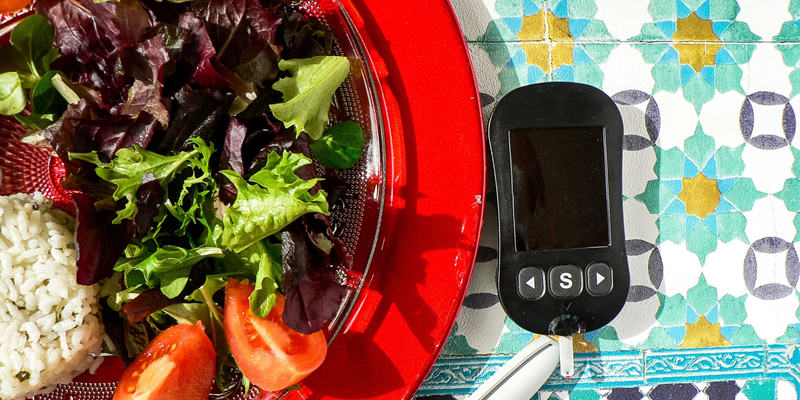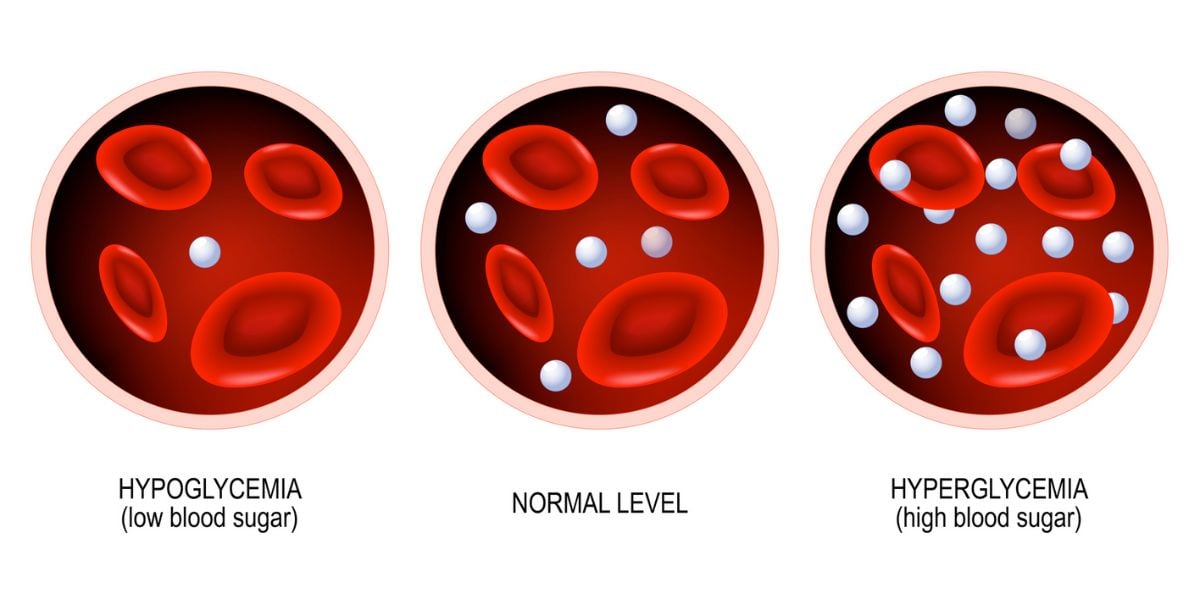In type 1 diabetes, the body produces very little insulin and so we have to try our best to perform the job of our pancreas.
The task is not an easy one and sometimes control can slip up away from the best of us. This article serves as a guide to help you get your control back on track.
Make things simpler – establish a routine
Many of us who have struggled with our control at one time or another will likely be familiar with the feeling of being always one step behind our diabetes, such as needing to correct a series of highs and lows rather than being able to plan ahead so much.
Making sense of our results is always going to be easier if there are fewer factors to consider, so to help make sense of your blood glucose results, try to keep to a regular routine as best as you can.
Taking injections at the same times of day, where possible, is a good place to start. It is particularly important to take your long term insulin at the same time(s) each day.
Test regularly
None of us enjoy testing our blood but it is certainly a big help when it comes to getting our blood glucose levels under control.
For example, you might find yourself asking questions about why you went hypo such as:
- Did I take too much insulin for lunch?
- Did I exercise harder than usual?
- Was I already low before the exercise?
- Did I have low sugar levels before lunch?
Testing regularly helps to reduce the number of factors that could have played a part, and so makes understanding highs and lows easier to understand, and gives you the chance to better learn and avoid these highs and lows in future.
Weigh out portions and check carbohydrate values
Food portions can often be a source of misjudgement. You may have the same meal on two different days but get different results following from the meal if the size of portion was different on those two days.
It can really help to spend some extra time weighing or measuring out portions of foods, particularly those that have a higher carbohydrate value, such as potatoes, rice, pasta and cereal.
This will allow you to make more accurate judgements when making dosing decisions and when analysing your results.
Reviewing your results
If you’re trying to bounce back from a period where your control has let you down, it can help to spend more time than usual to record what you are doing in your day. What you eat, when you exercise and for how long, what you eat, even things you wouldn’t normally inject for.
It may feel like hard work but it’ll really help you to build a sense of the factors at play and, if you stick at it for a few weeks, it’ll really start to pay off and boost your confidence.
Factors which affect blood sugar levels
There are a surprising number of factors that can affect blood sugar levels and knowing the different factors can help you to make sense of those times when a high or low reading has come seemingly out of the blue.
- Read up on the list of factors that can affect blood glucose levels
Adjusting insulin doses
As you make sense of your blood glucose results, you may need to make adjustments to your insulin doses. If your health team are happy for you to make your own dosing decisions, take a look at our guide to adjusting basal and bolus doses
Stick at it!
When you’re trying to get your numbers under control, it is common to start with a burst of hope and intent but then hit a wall after 2 or 3 weeks when things either start to get demanding or confusion suddenly sets in and results no longer make so much sense.
This is fairly common and don’t let this put you off. There will always need to be a bit of struggle needed to make progress. Take things in your stride and if you can battle through these times, you’ll find things begin to make more sense again and you may find that you’ve learned even more than you expected during the difficult time.
- Are you looking to regain control of your diabetes at the moment? Share your progress with others in the same position on the type 1 diabetes forum










